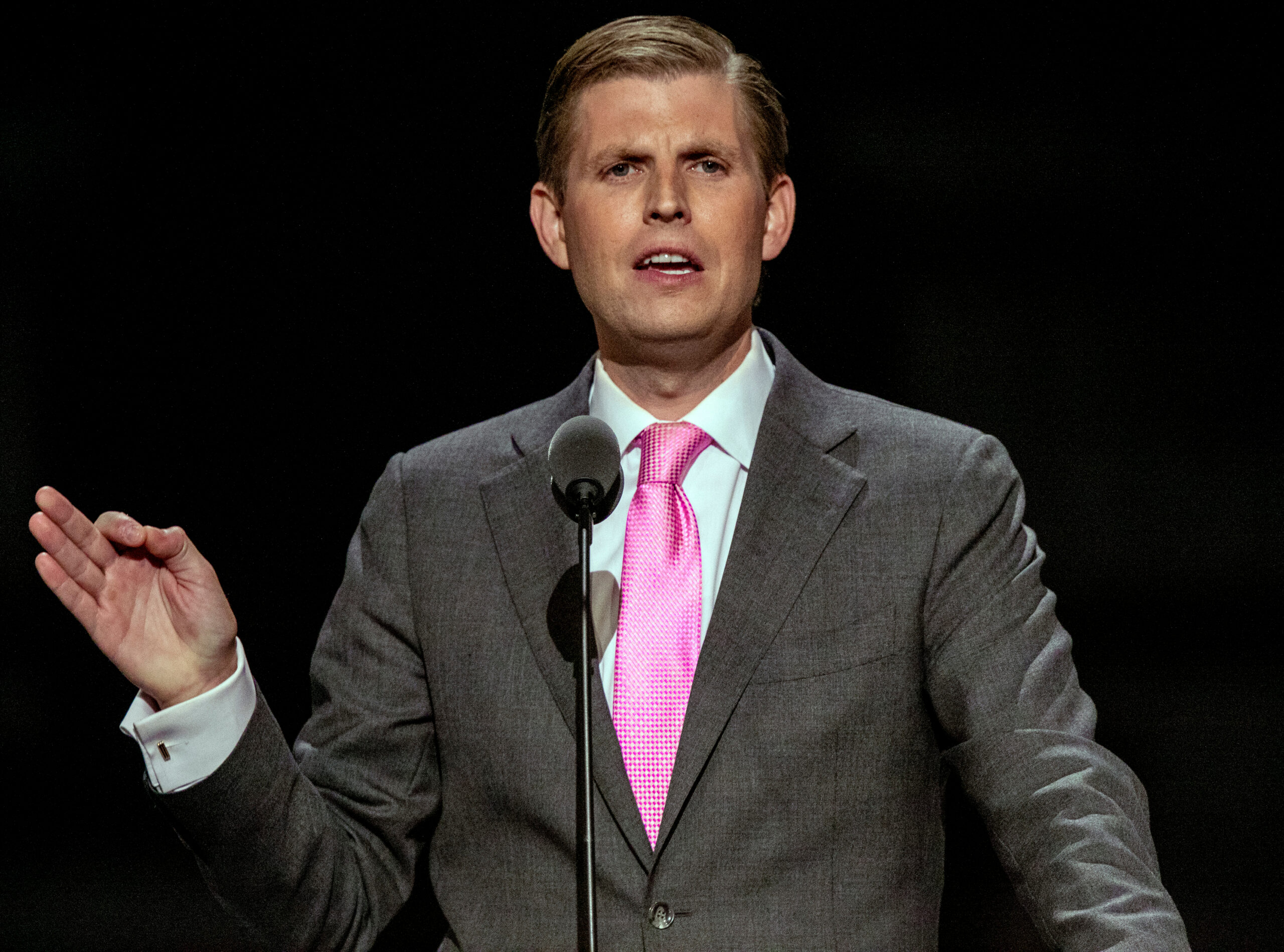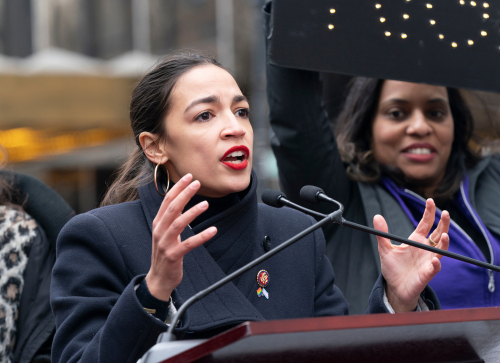Listen To Story Above
Mark Carney, the frontrunner in Canada’s Liberal Party leadership race, has positioned himself as a formidable opponent to President Trump ahead of Sunday’s crucial vote. The former Goldman Sachs executive recently made headlines by likening Trump to the notorious Harry Potter antagonist Voldemort.
The 59-year-old banker-turned-politician, who successfully steered Canada through the 2008 financial crisis as Bank of Canada governor, has emerged as the public’s preferred choice for managing relations with Trump, according to recent polls.
During a packed gathering at a Winnipeg pub last month, Carney expressed his disdain for Trump’s provocative remarks. “When you think about what’s at stake in these ridiculous, insulting comments of the president, of what we could be, I view this as the sort of Voldemort of comments,” Carney said. “Like I will not even repeat it, but you know what I’m talking about.”
How can we trust Mark Carney when he moved his headquarters – and Canadian jobs – to the United States? He doesn’t have the best interest of Canadians at heart. We need a Prime Minister who doesn’t have a financial stake in the United States and who will put our hard-working… pic.twitter.com/zMKy16J3pE
— Danielle Smith (@ABDanielleSmith) March 8, 2025
The former Harvard hockey team backup goalie and Oxford graduate hails from a modest background in Canada’s Northwest Territory. If successful on Sunday, Carney won’t just lead the Liberal Party but will also succeed Trudeau as Prime Minister, facing the crucial decision about election timing.
While Canadian federal elections typically occur every four years, with one scheduled for October, the Prime Minister holds the power to initiate an earlier election. Analysts suggest Carney might opt for an immediate election to capitalize on current momentum and seek a clear mandate regarding the ongoing trade disputes with the United States.
The Liberal Party’s electoral prospects have dramatically improved with Carney’s emergence. After trailing the Conservatives significantly for two years, recent polls indicate a tight race, largely attributed to leadership change and growing nationalist sentiment in response to Trump’s trade threats.
BREAKING: Today I am announcing that a Conservative government will close the loophole in the Ethics Act that is allowing Mark Carney to hold and hide millions of dollars of interests that go against Canada’s interests.
Close the Carney Loophole. #Sneaky
Bring home… pic.twitter.com/pxHDAKFh3j
— Pierre Poilievre (@PierrePoilievre) March 7, 2025
Drawing from his extensive financial background, including his tenure as Goldman’s VP of Corporate Finance in New York, Carney advocates for strategic retaliatory tariffs targeting sensitive American sectors. His assertion that “Canada will not bow down to a bully” resonated strongly, especially when he added, “In the trade war – just like in hockey – we will win,” referencing the recent politically charged 4 Nations final.
Trudeau’s January resignation followed internal party turmoil, particularly criticism from his former finance minister regarding his approach to tariffs. In her resignation letter, Chrystia Freeland wrote: “We need to take that threat extremely seriously. That means keeping our fiscal powder dry today, so we have the reserves we may need for a coming tariff war. That means eschewing costly political gimmicks, which we can ill afford and which make Canadians doubt that we recognize the gravity of the moment.”
McGill University political scientist Tari Ajadi explained Carney’s appeal to The Post: “Carney appears to be a very calm, steady hand in a very uncertain time.” His perceived competence and capability have significantly contributed to his popularity among Canadians.






